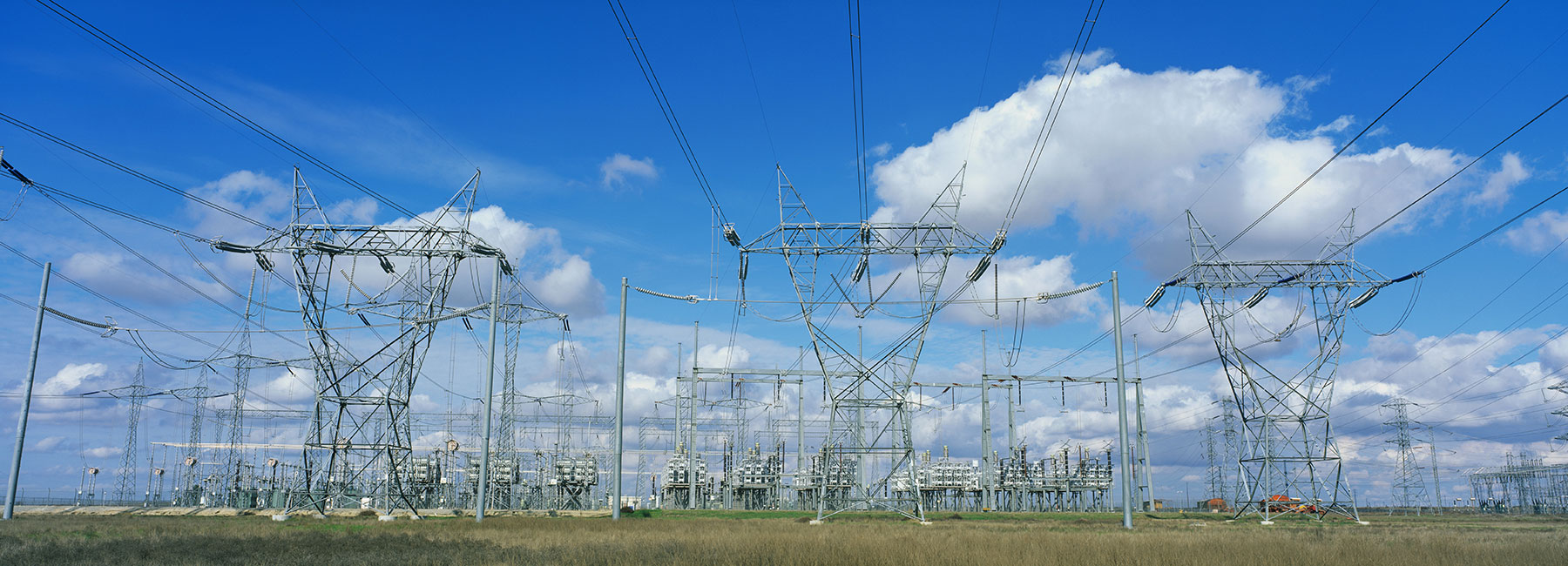SA Power Networks, a company that builds and maintains the electric power infrastructure in South Australia, recently teamed with DXC to migrate to a new SAP HANA platform — to improve analytics, speed transactions and meet stringent regulatory requirements.
“The move to SAP HANA provides us with a database and reporting system that helps us meet regulatory reporting requirements and enables end users to perform real-time analysis on live data.”
Chris Ford Cheif information officer, SA Power Networks
As a power distribution network manager, SA Power Networks builds and maintains the poles, wires and substations that deliver electricity to 850,000 customers. The massive power-line network stretches across thousands of miles in South Australia, comprising some 73,000 street transformers and 400 substations. One of the company’s biggest challenges is contending with requirements of the six regulatory bodies that govern the energy industry in Australia, at both the national and state level.
To meet those regulations, SA Power Networks enlisted DXC, one of the leading SAP solution providers in Australia and New Zealand, to help implement an SAP HANA platform that enables the electricity distributor to analyze energy data in real time. The complex SAP migration kicked off with migration of the company’s Business Warehouse (BW) and Enterprise Resource Planning (ERP) platforms to SAP HANA, and continues with other key business systems.
“We are one of the first companies in Australia to undertake a migration of this magnitude,” says Chris Ford, CIO, SA Power Networks. “Thanks to a great team effort in the face of some challenging last-minute obstacles, it was delivered to plan.”
Massive overhaul
Ford says the SAP migration was the conclusion of a significant investment to future-proof the company’s SAP implementation and to ensure that business systems were supportable. “Our ERP and BW systems had been in place for a number of years and needed overhauling,” Ford says. “The move to SAP HANA provides us with a database and reporting system that helps us meet regulatory reporting requirements and enables end users to perform realtime analysis on live data.”
John Rynbout, director of digital and mobile solutions for SA Power Networks, says the migration is providing many other benefits, one being that some business transactions can be made much more quickly. For instance, a specific payroll transaction that used to take up to 3 hours now takes only 3 minutes.
The revamped business system has also improved the company’s ability to analyze raw information and turn it into actionable data. For example, according to Rynbout, SAP HANA has driven a lot of initiatives in areas such as crisis management. “We’re able to see where a storm’s coming and possibly predict where an outage may occur and thereby move our crews to the right positions far more efficiently,” he says.
“We are one of the first companies in Australia to undertake a migration of this magnitude. Thanks to a great team effort in the face of some challenging last-minute obstacles, it was delivered to plan.”
Chris Ford Chief information officer, SA Power Networks.
Tapping into SAP expertise
“One of the challenges, particularly in South Australia, is getting the right skills and capabilities to work on large projects,” Ford says. He cites as a key success factor DXC’s bringing in skilled professionals from across Australia who had experience with large migration projects to complement SA Power Networks’ internal team. “We trusted DXC with this extremely complex project and they didn’t let us down,” Ford says.
As part of the project’s detailed design phase, DXC conducted a trial migration of ERP and BW to SAP HANA. “The trial was instrumental in devising our migration approach, hardware requirements and landscape architecture for the new installation,” says Ford.
DXC’s responsibilities included coordinating the activities of several third-party hardware, software and consulting services providers. The project also included migrating the company’s SAP portal and ERP/BW servers to a Microsoft Windows platform, and moving new hardware to an enhanced disaster recovery environment.
An important driver for the migration was SA Power Networks’ goal of using the latest versions of SAP software. “The investments we make in IT are focused on ensuring that we continue to be the most efficient distributor in Australia,” Ford concludes.
